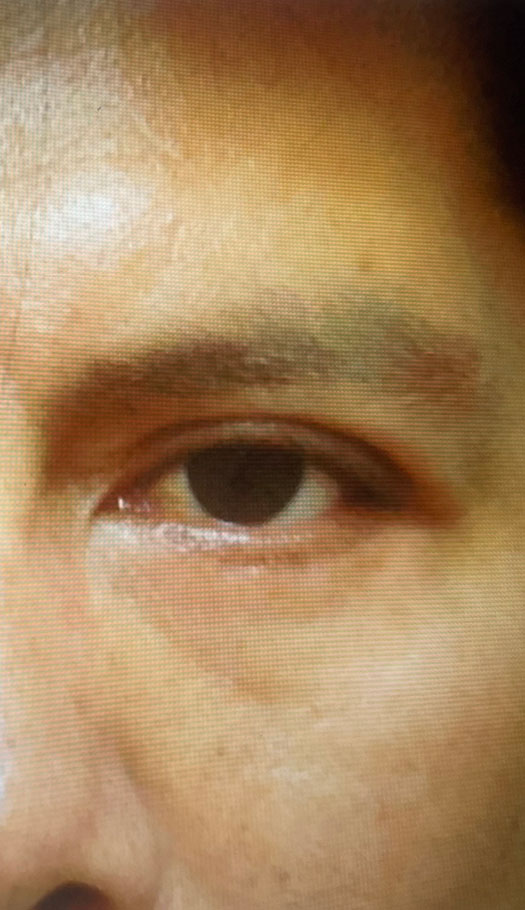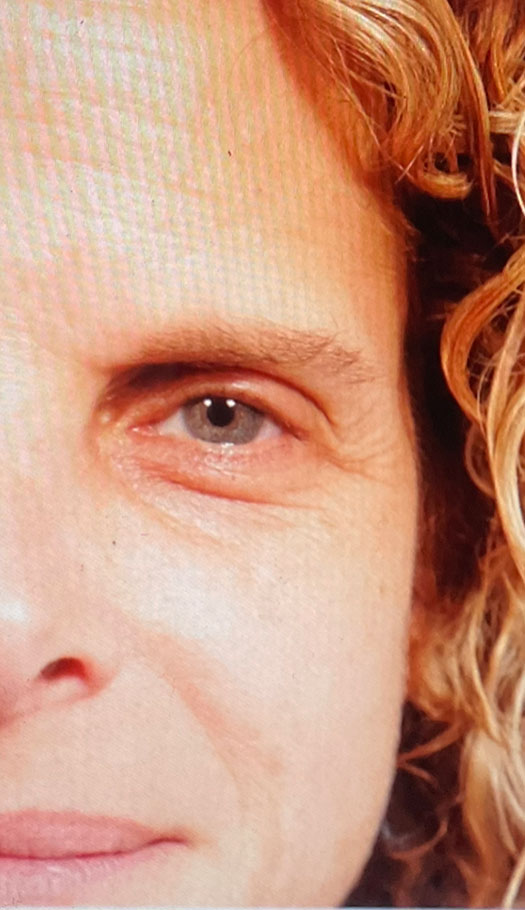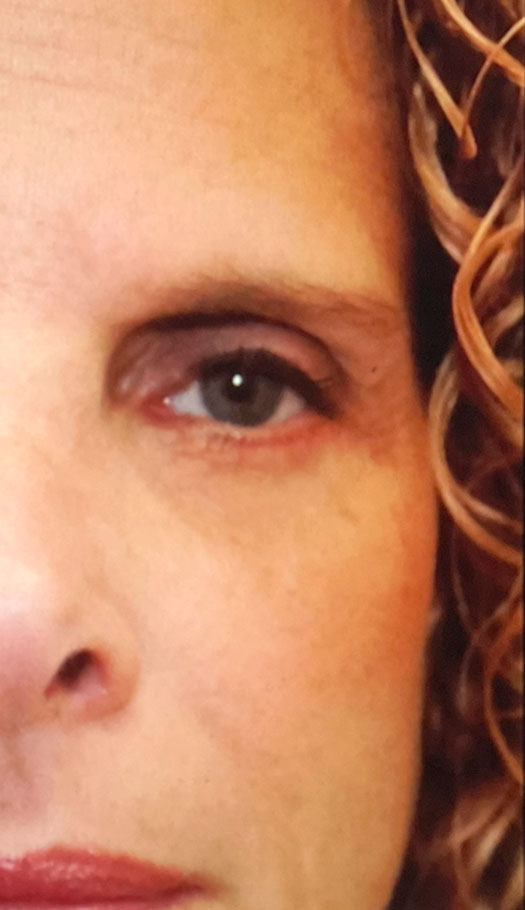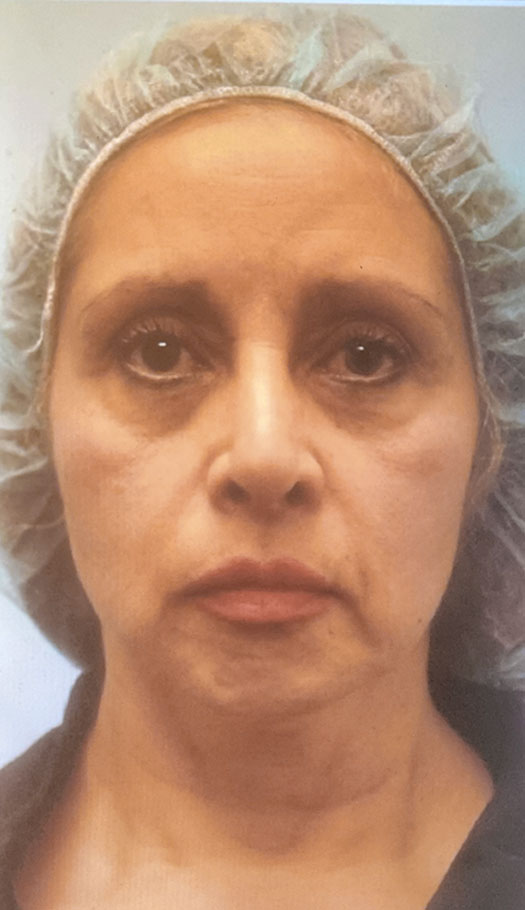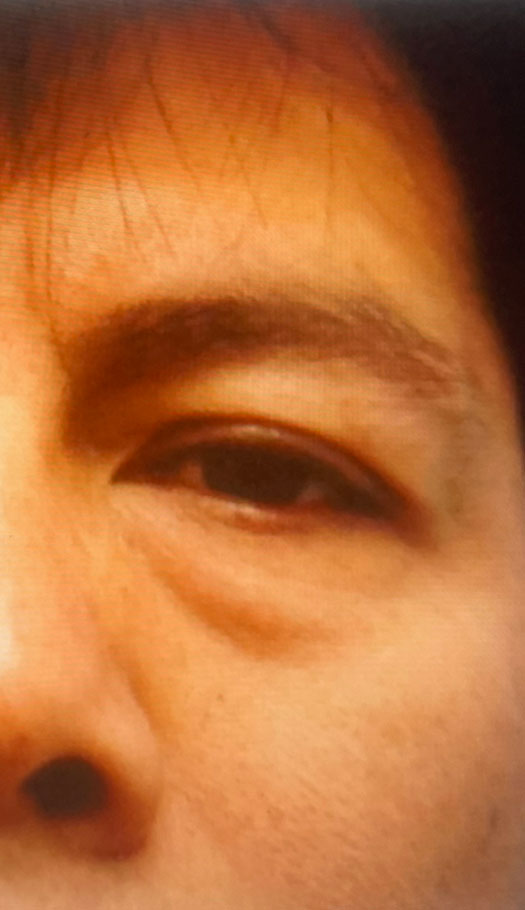
The purpose of Eyelid Surgery Miami is to correct the aging and tiredness that occurs with the increase in sagging skin a nd muscles of the eyelids, both lower and upper, accentuated by the bulging of "bags" of fatty tissue, which produce a characteristic "bloated" aspect, which can even interfere with vision.
Through this surgery performed at Avana Plastic Surgery in Miami, the total elimination of the excess skin of both eyelids can be achieved, being very careful as to the amount of skin to be removed, especially in the lower eyelid, to preserve the natural expression of the look. Also, small segments of flaccid and redundant Orbicular Muscle can be removed. This muscle is around the eye. And finally, remove the "bags" of fatty tissue that cause the eyelid bulge.
In this article, you will get a better idea of what Eyelid Miami can do for you. From benefits, cost, types of procedures, risks, and recovery, with Eyelid Miami, you will achieve that beautiful look in your eyes that you have been waiting for.
What is Eyelid Surgery?
Eyelid surgery, known as blepharoplasty, is a cosmetic procedure that consists of removing the fat and the extra skin from the lower and upper eyelids. Blepharoplasty can help you fix the fall of the upper eyelids and the lower bags. These signs of aging make us appear older and more tired than we are, and that, in some cases, can interfere with vision.
Eyelid surgery candidates
The ideal candidates for undergoing Eyelid surgery are those who seek improvement, not absolute perfection, in their appearance. If you have a good general state of health, have psychological stability, and are realistic in your expectations, you will be the right candidate. Patients are generally 35 years old or older, but in some cases, with a family tendency to have bags, patients are younger.
According to WebMD, the best candidates for eyelid surgery are: “… 35 years or older, but if baggy eyelids or droopy eyelids run in your family, you may decide to have the surgery done sooner.”
Eyelid surgery Miami will improve your appearance and self-confidence by making you look rejuvenated and with a fresher look, so here are some notes about the ideal candidates:
- An excess of skin that darkens the natural fold of the upper eyelid.
- To feel that the skin is hanging down from the upper eyelids. And in some cases, making vision difficult.
- To have a swollen appearance on the upper eyelids, which gives the impression of tiredness, excess skin, and fine facial lines on the lower eyelids.
- To have bags and dark circles under the eyes or droopy lower eyelids.
Eyelid surgery Miami
Before & After Pictures
EXPLORE PHOTO GALLERYSchedule A Free Consultation Today
Preparing for an Eyelid procedure
Before eyelid surgery, you must perform the following steps:
- Physical exploration: the surgeon will perform a physical examination that could include an analysis of tear production and the measurement of some parts of the eyelids.
- Vision test: the ophthalmologist will examine your eyes and evaluate the vision, including peripheral vision.
- Photographs of the eyelids: Photographs of the eyes will be taken from different angles. These photos help to schedule the surgery, assess the immediate and long-term effects, and support an insurance claim.
- Stop smoking weeks before surgery.
- Stop taking warfarin, aspirin, ibuprofen, sodium naproxen, naproxen, and any other herbal medicine or supplement related to increased bleeding.
Also, the day before your eyelid surgery, make sure you have the following products available in your home:
- Ice cubes.
- Clean towels.
- Clean bowl for cold water.
- Ice bags.
- Sterile gauze pads.
- A bottle of acetaminophen.
- Flask of artificial tears.
On the other hand, make sure you have programmed someone to take you and look for you from the place where the Eyelid surgery will take place.
Eyelid surgery Miami
The eyelid surgery procedure is generally performed on an outpatient basis. To begin, the surgeon will inject a medication to anesthetize your eyelids and give you intravenous medications to help you relax. If it is upper and lower eyelid surgery, the surgeon will usually start working with the upper eyelids. It will make a cut along the eyelid fold, remove some of the excess skin, muscle, and possibly fat, and then close the wound. Then in the lower eyelid, the surgeon will make a cut just below the eyelashes or inside the lower eyelid. It will remove or redistribute excess fat, muscle, and flaccid skin and close the cut.
INITIAL BLEPHAROPLASTY CONSULTATION AT AVANA PLASTIC SURGERY
During the initial consultation of the eyelid surgery Miami at Avana Plastic Surgery, the surgeon will speak with you to establish realistic expectations about the results of the blepharoplasty procedure. He will explain the surgery in detail so as not to leave any question or concern untreated.
The surgeon will also study your medical history in depth to decide if you are in satisfactory conditions for eyelid surgery. The surgeon should be aware of conditions such as high blood pressure, heart disease, and bleeding disorders, as they can increase the risks associated with blepharoplasty. Finally, your surgeon can also ask your clinical doctor for authorization and, depending on your state of health, request laboratory tests.
DIFFERENT EYELID SURGERY TYPES
There are different types of Eyelid surgery to make your look more youthful and fresh. Some of them are the following:
Lower eyelid surgery
Lower blepharoplasty should always be very individualized, according to the patient. Below we show you the following options to consider:
- Fat bags: this treatment is done internally (transconjunctival). Depending on the characteristics of the patient, an excess fat extraction or fat repositioning is performed. This means a redistribution of existing fat without eliminating it to improve the grooves and avoid the sunken aspect of the eyelid.
- Eyelid laxity: two techniques, called canthopexy and canthoplasty, are used. Canthopexy is used when the eyelid laxity is mild or moderate and consists of strengthening the eyelid tendon using a suture. Canthoplasty consists of shortening the tendon to tighten the eyelid support.
- Wrinkles and skin laxity: As there are different types of skin and wrinkles, the treatment model will be chosen for each one. In the case of fine skin wrinkles, chemical peels are generally performed, while in the case of deeper or creased face lines, it may be necessary to tighten the skin surgically. This cosmetic procedure is done by making a small incision just under the eyelashes. And should always be accompanied by a canthopexy or canthoplasty to strengthen the eyelid support.
THE DAY OF THE EYELID SURGERY PROCEDURE
Eyelid Surgery in Miami will make you feel comfortable at the moment your surgery is done. For operation on your upper eyelids, you'll receive local anesthesia in order to numb the area. Then, the surgeon will make an incision along the natural crease in your eyelid and removes extra skin and, in some cases, fat.
Because lower eyelid surgery can be a bit more uncomfortable for a patient, the surgeon performs it under intravenous sedation or general anesthesia. The doctor will make the incision just below the lower lash line or on the back of the eyelid. If there's only excess fat to remove or reposition, your surgeon may make incisions on the inside of the lower eyelid. In this way, you won't have any visible scar.
The upper and lower eyelid surgeries can be performed with a scalpel or a cutting laser. The decision depends on the preference of the surgeon. Doctors who favor a laser say that there's less bleeding, while others claim the incisions take longer to heal.
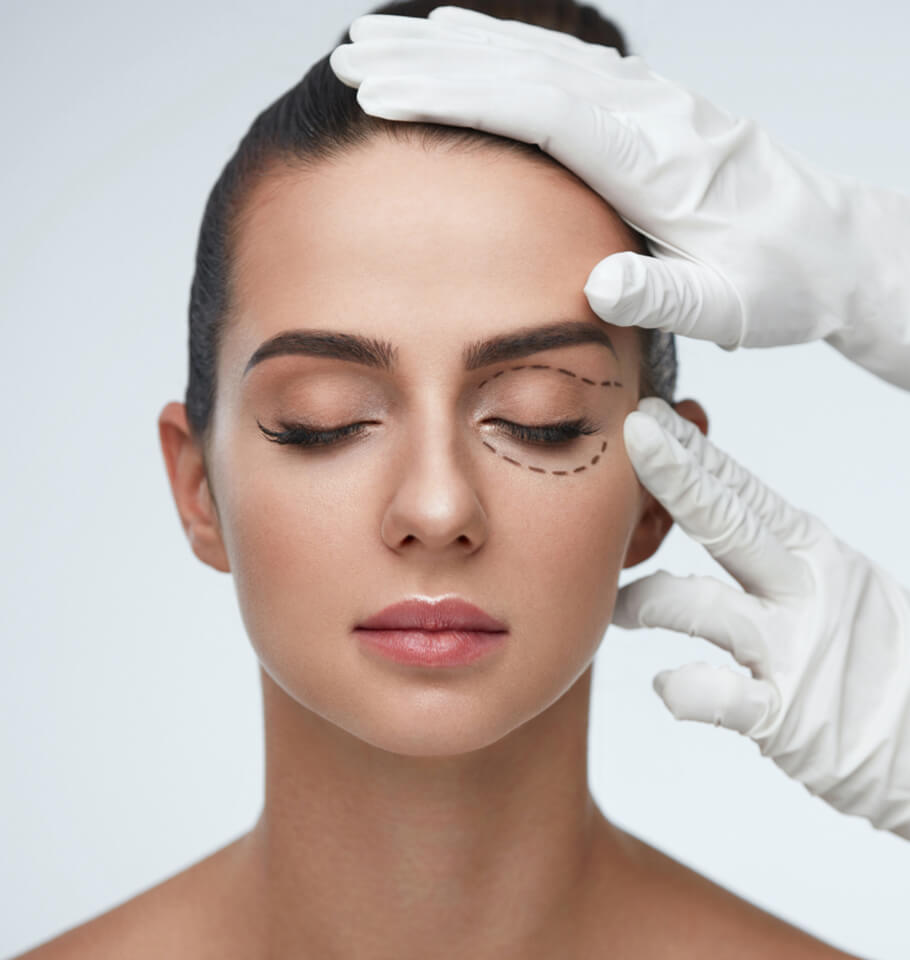
Recovering from Blepharoplasty
Eyelid surgery recovery takes several months, though you'll have the most severe bruising and swelling during the first week. At Avana Plastic Surgery in Miami, we suggest our patients take a full two weeks off work, but there are cases where many of them are back to work after just one.
According to MedicineNet: “During the first 48 hours, the use of cool compresses can greatly reduce bruising and swelling around the eyes and face.”
If non-dissolvable sutures are used, you'll have a follow-up visit after five to seven days to remove your stitches. As you heal, you'll need to ice your eye area and sleep upright, propped up with extra pillows, or even in a chair.
For most people, the first 7–10 days are the worst of it. After that, most patients can use makeup to cover up any remaining bruises. You'll also be able to resume strenuous activities, including exercise, after the first week.
If you wear contact lenses, you'll have to keep them out for one week after surgery. You have to avoid touching or pulling on the area near the incisions. Because this can increase the risk of infection or cause the incisions to reopen, we also recommend the use of dark glasses post-op, because this can help shield your sensitive eyes and skin as you heal.
The swelling will decrease within two weeks. But it could take an average of six months to see your final results. The scarring in the crease of the eyelid or just under the lash line should disappear within the year until it's barely visible.
COMMON EYELID SURGERY SIDE EFFECTS AND RISKS
Patients may anticipate that some common side effects will appear after the procedure. Generally, these side effects are short-lived and treatable (which means that any associated discomfort can be relieved).
- Pain after eyelid surgery: After surgery, you are likely to feel pain and tension in the eyelids, as the anesthesia stops working. The medication prescribed by the doctor can be used to decrease the intensity of pain and relieve discomfort.
- Inflammation after blepharoplasty: It is likely that there is inflammation around the incision area after the surgery procedure. So it's recommendable to use cold packs or ice pads for eyes. We also recommend being careful when applying the cold packs or ice pads so that this doesn't damage the incisions.
- Scars after blepharoplasty: The most skilled surgeons can keep the number of scars to a minimum. While some scarring should be expected after eyelid surgery, the majority will disappear over time and go unnoticed by the common observer.
- Infection, and bleeding.
- Dry and irritated eyes.
- To have trouble closing your eyes or other problems with the eyelids.
- Obvious scars.
- Injury to the eye muscles.
- Color changes in the skin.
- The need for follow-up surgery.
- Vision temporarily blurred or, in exceptional cases, loss of sight.
EYELID SURGERY MIAMI COST
Eyelid surgery Miami at Avana will cost $4,650 on average. The cost will depend on the location of their office, the type of anesthesia used, and whether you're having surgery on the upper or lower lids. Lower eyelid surgery is more expensive than an upper-lid procedure. It depends on what is done. Lower eyelid surgery could include fat transfer, fat repositioning, laser resurfacing, eyelid tightening, or post-op filler injections to fill in tear troughs.
Insurance typically doesn't apply here, because this is a cosmetic procedure. But, if hooded lids are affecting your vision, insurance may cover the cost. Avana Plastic Surgery is a cosmetic surgery facility in Miami, serving patients locally and nationwide with high-qualified surgeons. Get your free initial consultation today (305) 501-6000
Eyelid surgery FAQs
Eyelid surgery is usually safe; however, depending on the procedure chosen, it will come with the side effects and risks of that procedure. The most common risks of the upper and lower eyelid surgery procedure are bleeding, temporary blurred vision, get an infection, scarring, and possible reactions from anesthesia.
The eyelid surgery results usually last 10 to 15 years or maybe more. You should know that while your skin continues aging, you may need a second procedure in the future.
The solution to this can be going directly to the injectables, these can offer you temporary results, and you will not have to submit to the blade or the laser.
The surgical time for blepharoplasty can range from 45 minutes to 2 hours. The time will depend on whether the surgery treats your upper eyelids, lower eyelids, or both.
The recovery phase after a blepharoplasty usually lasts between 10 or 12 days, the patient's activity being relevant. The work leave usually lasts approximately seven days.
We recommend that you do upper eyelid surgery first along with thread lift. It can be done both at the same time or separately. After you recover from both surgeries, at least for a month, you can get Botox treatment.
To solve this problem, you can go to perform both an eyelid surgery as well as Botox can help you have symmetry in your eyebrows. However, it is recommended to have a previous visit with a professional doctor who gives you their recommendations.
The answer is yes. It is a procedure that is usually performed at the same time. This would reduce the cost of surgery, and you would have only one recovery.
This depends on the surgeon and the clinic where you have surgery. Professional surgeons will always perform the procedure so that you look natural and rejuvenated, without any strange or unnatural traits.
It could take several months for your eyes to heal completely after a Blepharoplasty. However, the swelling lasts several weeks, and you should follow up on your healing progress together with your surgeon.


